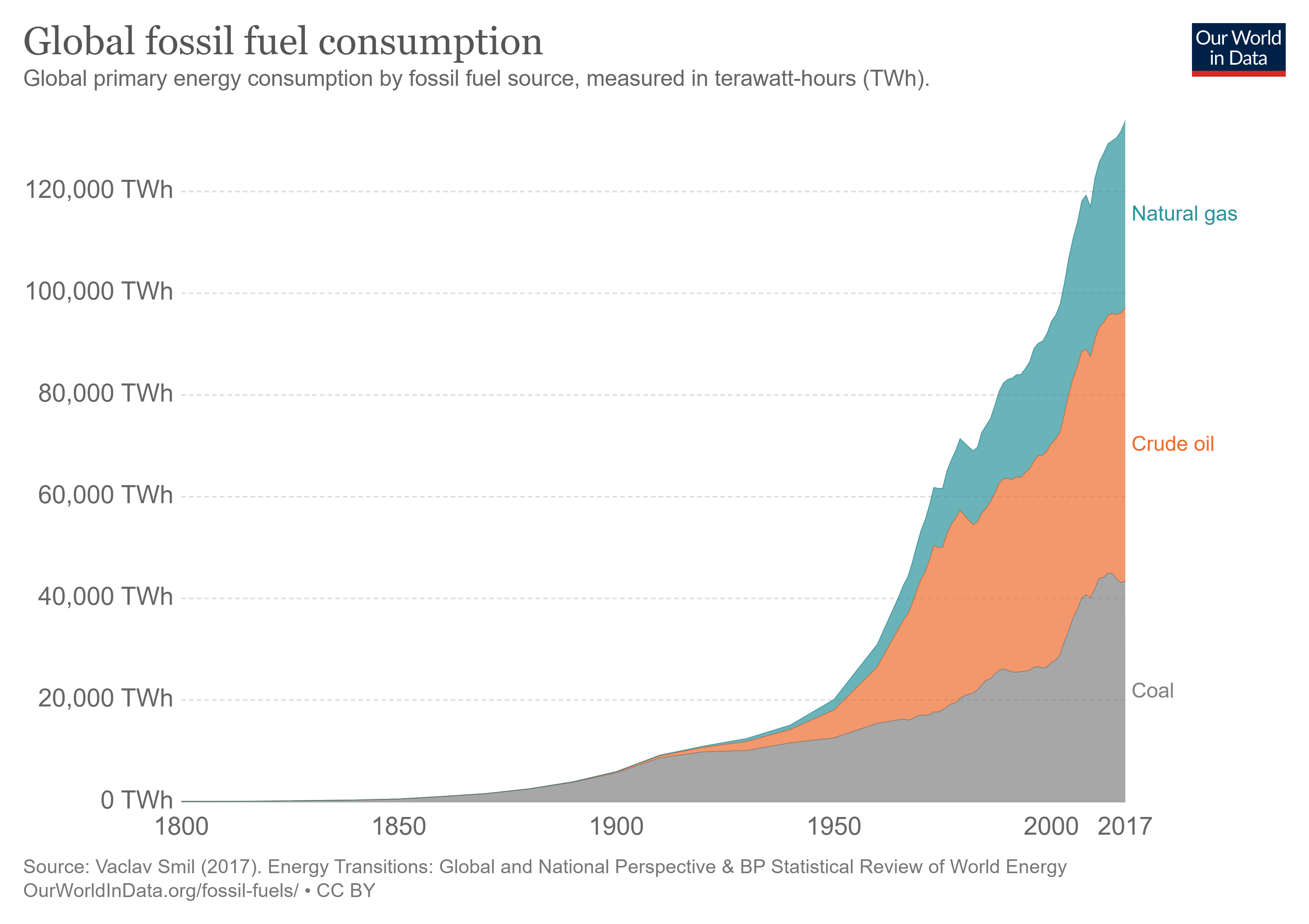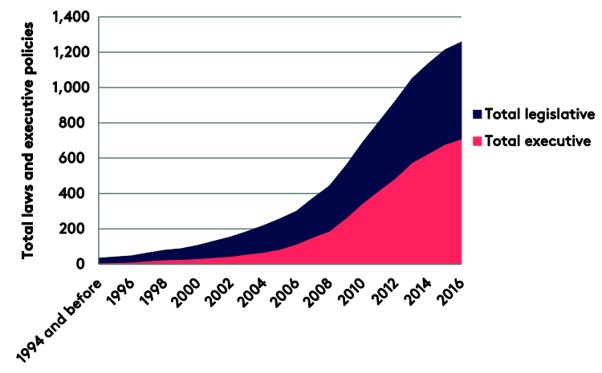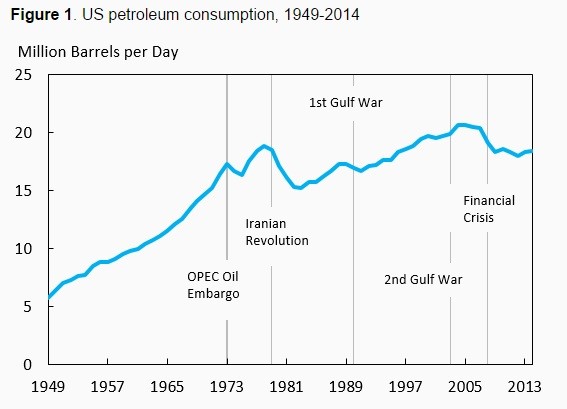This year marked the 50th anniversary of the World Economic Forum (WEF), popularly known as the Davos Forum (Davos). The event which brings together politicians, businesspeople, and representatives from social and cultural organisations in order to find solutions for the world’s problems, is always a hot topic at this time of year. Why? Is it because Klaus Schwab – the business professor who founded the Forum back in 1971 - managed to conjure a way to bring the world’s elite together to resolve international conflicts and discuss progression for the betterment of the economy and its people?
Or is it because ‘Davos’ is merely a buzz word, as it excites reporters and the average businessperson alike, as they know this is where the elite will be, regardless to whether they are there ‘changing the world’ or drinking champagne whilst boasting and seeking methods to serve their own interests?
It is with no doubt that the WEF has and is trying to make a mark on society.
For years now, Davos and the WEF, along other foundations, have been criticised for not solving any of the world’s issues; some opposers go as far to state that globalisation along with the WEF and other organisations like G7 and the WTO do nothing but increase global issues such as poverty and climate change.
Davos has achieved some impressive feats over the years, which I’ll touch on below, but as we know, many ground-breaking changes have been stamped by legislation; from abolishing slavery to legalising abortions, progressive movements in society are never truly accepted as an achievement until the law speaks out to support it. Such a spoken event like Davos has the potential to do much more other than excite or reassure eager-eyed investors, but is the event in a position to make such changes when it does not go hand-in-hand with legislative change?
The Impact Davos Has Had
It is with no doubt that the WEF has and is trying to make a mark on society. Their projects and collaborations started or supported by the Forum has impacted millions of people, from saving lives through childhood vaccination to improving the productivity of small-scale farms; they devise policy frameworks and agendas to influence governmental priorities, trying to build a more co-operative business community.
After their 2019 meeting, the WEF released a message stating that ‘complying with the law’ is no longer enough for large corporations
In fact, in 1988, the Davos Declaration saw Greece and Turkey avoid opting for war and in 1994 Shimon Peres, the Israeli foreign minister, and Yasir Arafat, the leader of the Palestine Liberation Organization, reached a tentative agreement on settlements in the Gaza Strip and Jericho.
With climate change being topical, more recently, there has been movement, to an extent, on the environmental aspect regarding reducing carbon emissions. The WEF announced they are working with the Energy Transitions Commission and industry partners through its ‘Mission Possible’ platform to ensure heavy industry and heavy-duty transport sectors reach net-zero carbon emissions by 2050 in developed countries, proving that the WEF is trying to have an impact. But is Davos itself actually doing enough or is it simply “glamour with a mission” and how much influence do they have, if nothing legally changes?
Does Davos Really Have Much of an Impact?
After their 2019 meeting, the WEF released a message stating that ‘complying with the law’ is no longer enough for large corporations[1].
It stated: “In a globalised world with an economic model that leads to a growing consolidation in the most diverse industries and greater capacity of influence on the part of large companies, the responsibility of business leaders in constructing a sustainable and inclusive society is unavoidable.
“No longer acceptable is the attitude of ‘no matter how we make a profit as long as it is within the law; what matters is how we invest this profit, and for that we have the department of corporate social responsibility and philanthropic activities’. Society today cares about how companies conduct their business and what is their impact on the world.”
It goes hand-in-hand with the idea that law is needed for effective change to actually occur as the current specification isn’t necessarily enough. So, is Davos all talk with no proceeding action?
A plea from the EEC at Davos was not enough to enforce change in this instance, however, in 1976, due to pressing concerns on a shortage of fuel, President Jimmy Carter pushed for legislation
Let’s take the most anticipated topic this year: climate change, as an example to whether Davos truly solves the world’s problems. Following from Greta Thunberg’s debut at the 2019 event, ‘What can businesses do to ensure their global footprint doesn’t drag our planet further down into the pits of global warming?’, is the ever pressing question and a big concern which has been heavily vocalised over the past two years. But this isn’t the first time the environment has been a focal point of Davos.
In 1973, Aureilo Peccei, an Italian industrialist, delivered a speech calling for balancing economic goals with environmental concerns, and the following year, political leaders were invited for the first time, where the European Energy Commissioner asked the United States to cut fuel consumption by 5 to 10 percent. Did their request result in change?
In 1973, Congress did try to diminish fuel usage - as reflected in the graph - by creating a 55-mile-per-hour speed limit on federal highways but this was merely due to the Arab nations, via the OPEC cartel, imposing an embargo on the US and, even though it was lifted in 1974, the government sought ways to obtain more fuel supplies. A plea from the EEC at Davos was not enough to enforce change in this instance, however, in 1976, due to pressing concerns on a shortage of fuel, President Jimmy Carter pushed for legislation, including the 1978 National Energy Act, and led the creation of the Department of Energy to try control oil and fuel consumption. He was not able to find support for an oil tax, however, as Americans didn’t want a plan that required them to ‘pay more for less’.
In 1989, Nobel Prize winner Carlo Rubbia took the opportunity at Davos to warn people about the impact of fossil fuels and how they were a significant threat to the planet, urging for investment in nuclear fusion reactors to counteract the greenhouse effect.
During this time nuclear fusion was taking the headlines with promises of an “inexhaustible source of energy” due to progressive development in this area, yet over 20 years later, nothing had been achieved with Physicist Daniel Clery[3] stating that fusion power may “turn out to be possible, but not practical… we will never know until we try and unless governments and the power industry invest more it will be decades until we find out.” Unfortunately, Rubbia, your plea to those at Davos wasn’t enough.
You can take to the stand and cry about fossil fuels all you want, but we are still consuming them at a fast rate.
But did she manage to enforce change regarding fossil fuel consumption? Simply answered: no. The chart below showcases that global consumption of fossil energy increased more than 1300-fold; with the 20th century welcoming a more diversified range of consumption, we saw coal production declining but crude oil increasing[4].

Over ten years later in 1997, the UK was given a new target to reduce greenhouse gas emissions due to signing of the Kyoto Protocol to the UN Framework Convention on Climate Change[5], but overall, even though environmental concerns were receiving more attention around this time, it was not a central driver for policy and regulatory changes.
And so we fast forward to 2016 to when Leonardo DiCaprio spoke about how “We simply cannot afford to allow the corporate greed of the coal, oil and gas industries to determine the future of humanity. Those entities with a financial interest in preserving this destructive system have denied, and even covered up, the evidence of our changing climate”, when accepting the World Economic Forum’s Crystal Award for his environmentalism.
Concerns for the environment is just one small topic addressed in the high mountains of Davos. Perhaps if investment or taxes were of a big concern, more impact would be made.
Actually, prior to his speech, a lot more effort was made by governments to address climate change. New legislations were enacted in order to reduce the globe’s emissions; in fact, in 1997 there were just 60 laws in place, with the figure rising 20-fold to reach 1,260 in 2017[6]. Does this prove there is no need to stand in a room full of stiff politicians and ego-fuelled businesspeople up in a Swiss mountain to get your agenda across?

Climate change laws around the world. Legislative laws are passed by parliaments, whereas executive laws or policies are enacted by governments. Source: Global trends in climate legislation and litigation, 2017 update.
Concerns for the environment is just one small topic addressed in the high mountains of Davos. Perhaps if investment or taxes were of a big concern, more impact would be made. Nonetheless we cannot ignore the effect it has on businesses who take the opportunity at Davos to speak about how they are tackling sustainability and diversity in the workplace.
And the talks at Davos does enforce some change, especially in relation to their environmental initiative; an example being how businesses now need to adapt to the younger generation’s need for sustainability[7]. But we do question how long these changes will last and the impact it will have. If nothing is written in law, it makes it a little too easy for businesses to fall back on their word, or, not have to do anything at all. You can take to the stand and cry about fossil fuels all you want, but we are still consuming them at a fast rate. And where shouting at businesses to try harder at being environmentally friendly is a good attempt, it may simply never be enough without a gavel and signature.
[1] https://www.weforum.org/agenda/2019/02/complying-with-the-law-is-no-longer-enough/
[2] https://www.weforum.org/agenda/2015/07/the-surprising-decline-in-us-petroleum-consumption/
[3] https://www.bbvaopenmind.com/en/science/physics/whatever-happened-to-nuclear-fusion/
[4] https://ourworldindata.org/fossil-fuels
[5] http://sro.sussex.ac.uk/id/eprint/38852/1/uk-energy-policy.pdf
[6] https://www.carbonbrief.org/mapped-climate-change-laws-around-world
[7] https://www.ceotodaymagazine.com/2020/01/can-greta-change-business/
** Image Credits: Copyright by World Economic Forum swiss-image.ch/Photo by Andy Mettler












